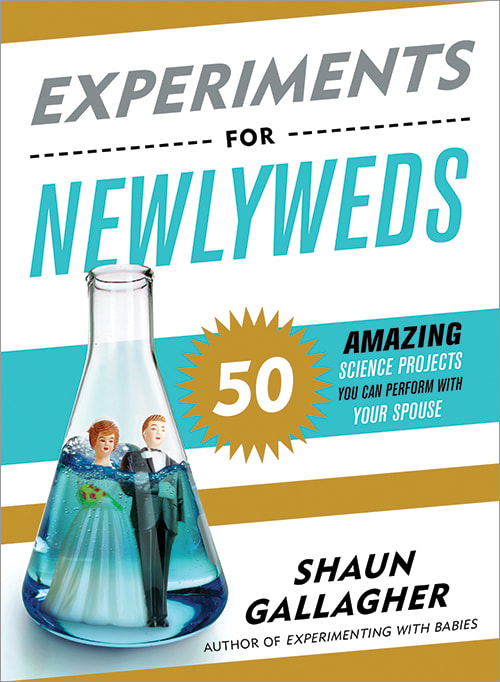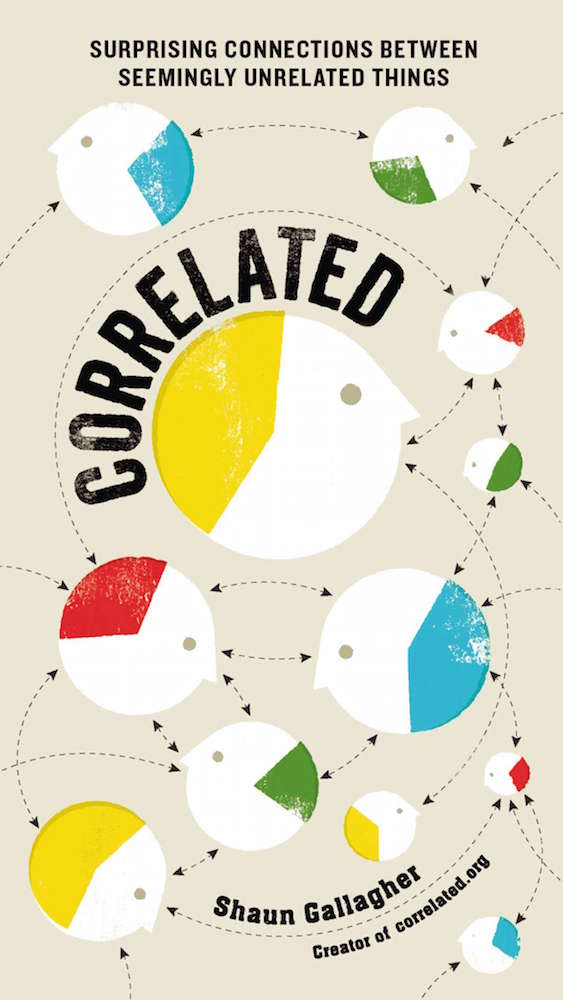For more than a century, local newspapers served as the primary medium through which obituaries were published.
But nowadays, more and more families are opting to memorialize their loved ones with a digital-only obituary.
Several trends have pushed obituaries in this direction. Newspapers have been charging by the line for obituaries for several decades, and over time that price has increased. Meanwhile, newspapers are losing their audience, while the internet is extending its reach.
But one unfortunate side effect of this move to digital-only obits will likely only become apparent a few decades from now, and it will likely frustrate the next few generations of genealogists hunting for records of early 21st century ancestors.
Print newspapers were well suited for both the distribution and preservation of obituaries. Distribution isn’t a problem for digital obituaries, and in many ways the web is better than print in this respect. But when it comes to preservation, there are many factors that make digital obits in their current state particularly susceptible to rot.
Digital rot occurs when digital resources become unavailable or degraded, or they can only be accessed via obsolete media, or they are otherwise harder to find or access than they were initially. For instance, link rot is a phenomenon that occurs when hyperlinks point to resources that are no longer online, such as a link to a domain that has expired.
Services such as the Internet Archive cache web content to help soften the effects of digital rot, but the fact is that while digital content is technically capable of existing in perpetuity, that is not the case in practice.
Rot-resistant print archives
Obituaries that appeared in print newspapers during the 20th century were easily disseminated and decentrally archived (typically by loved ones and libraries), making them relatively rot-tolerant.
If one family member had failed to clip a copy of their loved one’s obituary, another family member might have an extra physical copy to spare, or they might photocopy the clipping. And if all of the family’s copies were lost or destroyed, they might nevertheless retrieve a copy by scanning through the newspaper archives at a local library.
The fact that multiple physical copies of the obituary existed in multiple places provided redundancy, which is crucial when trying to preserve these obituaries for centuries to come.
Rot-prone digital archives
In contrast, digital obituaries in the 21th century tend to be centrally archived and often behind paywalls, making them susceptible to digital rot and difficult for organizations acting in the public interest to archive.
The for-profit company Legacy.com controls a strikingly large share of the market for digital obituaries. It partners with funeral homes and newspapers, and in many cases when a visitor browses obituaries on the website of a local newspaper or funeral home, they’re actually redirected to Legacy.com, which hosts the content.
Unfortunately, the newspapers and funeral homes themselves often don’t maintain their own copies of the obituaries. And while some of the deceased’s loved ones might print out hard copies of a digital obituary, others might simply bookmark the URL and assume that the content will always be there.
One bright spot is that Legacy.com is opposed to paywalls for the obituaries themselves, and it encourages its newspaper partners to make them publicly available even if other content is behind a paywall.
But Legacy.com does enforce a paywall of sorts on the guestbooks that are associated with each obituary, where friends and loved ones can share memories and photos of the deceased. After a period of time, a guestbook will become inaccessible unless someone is willing to pay to “sponsor” it.
What happens if Legacy.com or one of the smaller memorial sites goes out of business or experiences some sort of data loss? Because of the centralized nature of how these digital obituaries are stored, it’s possible that very few other organizations will have archived copies of the content.
Preventing digital rot
Digital obituaries should be easier to store, copy, preserve, and search than print archives — but that’s only the case if it’s done right.
Ideally, multiple copies of digital obituaries should be stored by multiple organizations and people, so that if one copy is lost, there should be many other copies that can serve as backup.
For-profit companies that host digital obituaries should make it easy for organizations acting in the public interest to make archival copies of the content.
And friends and family members should make both physical and digital copies of the content to ensure that they’ll always be able to access their loved one’s obituary, even if the website that currently hosts the content later makes its own march to the graveyard.



